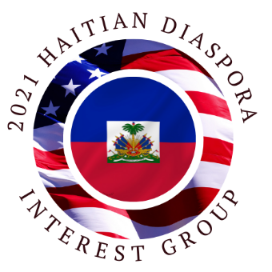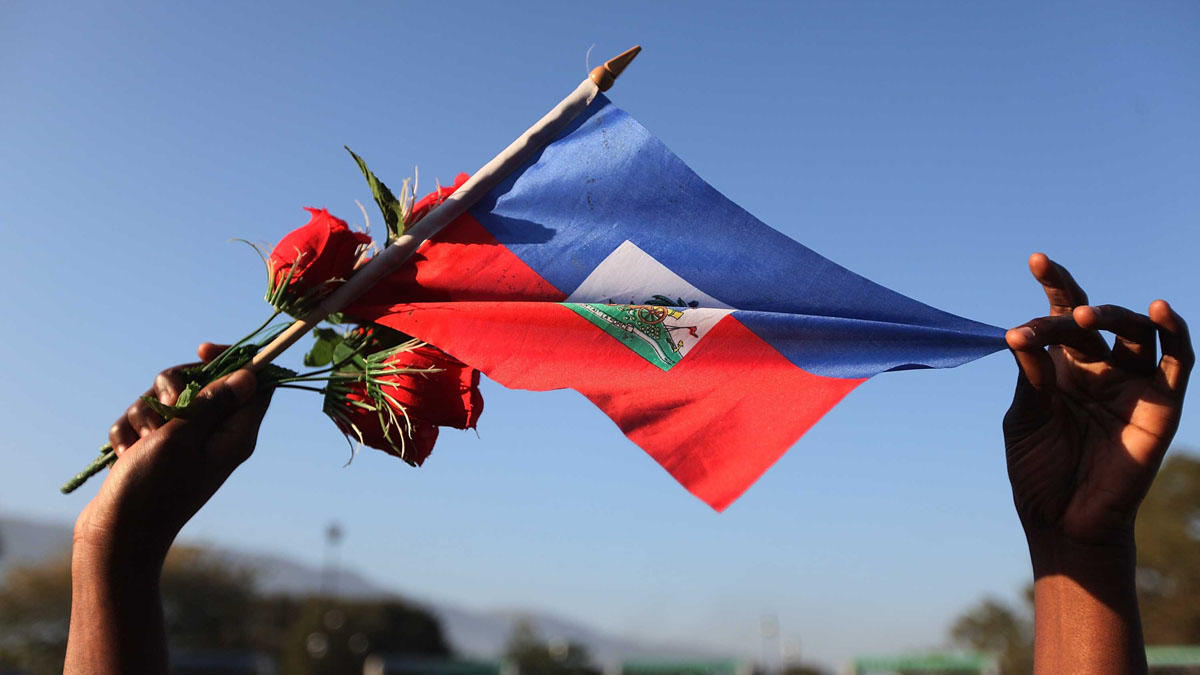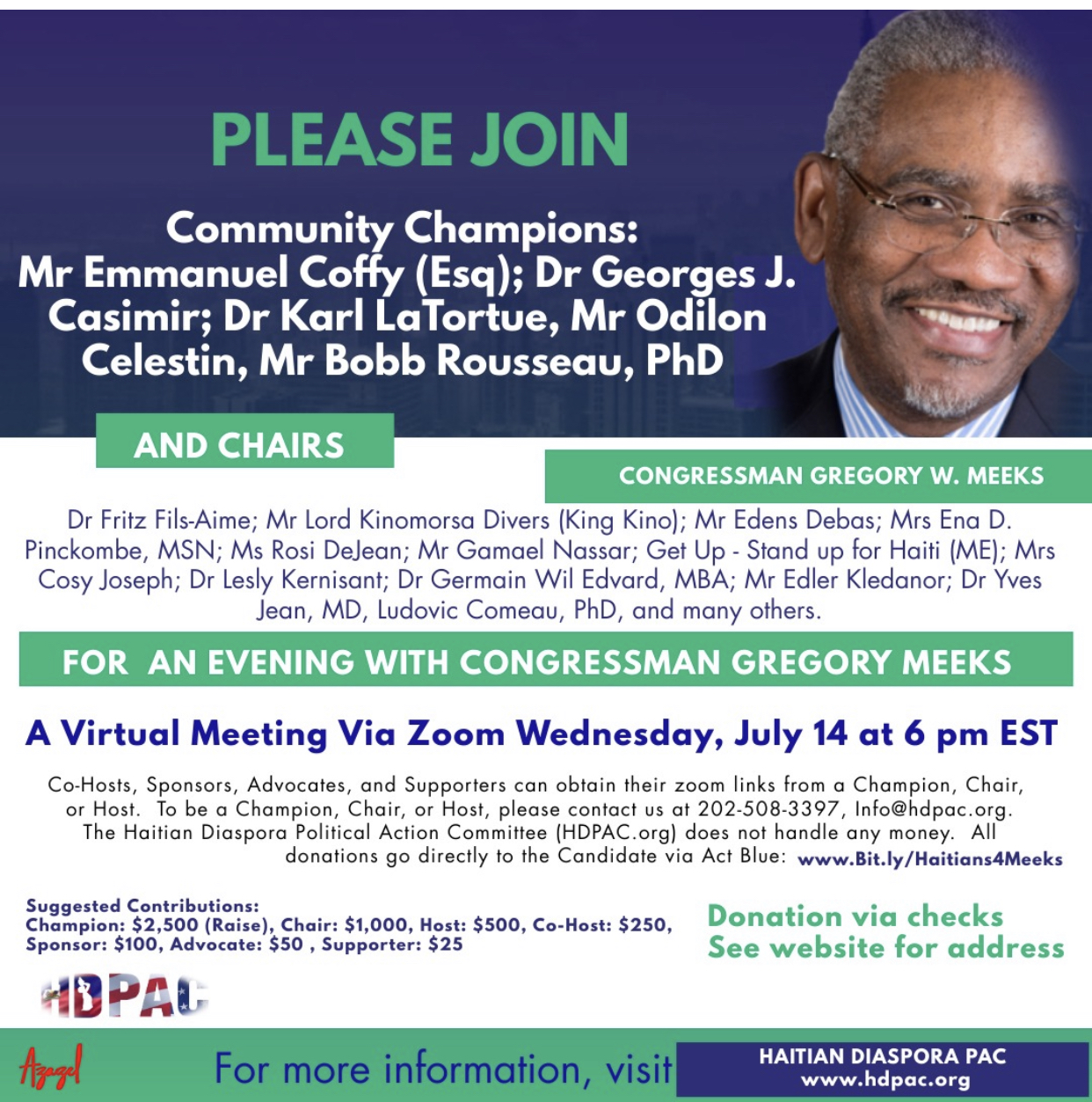HAITI’ S POLITICAL CRISIS AND HOW WE CAN SOLVE IT

THE HAITI UNITY SUMMIT: FRAMEWORK FOR A FINAL RESOLUTION OF THE HAITIAN CRISIS
Haiti has long been experiencing a multifaceted and multidimensional crisis. Several proposals have been made over the past four years as a solution to this problem, but none have been successful for a variety of reasons.
- From July 2020, various personalities called for the holding of a conference, led by local actors, which should make it possible to reach a clear agreement on the date of departure of former President Jovenel Moïse and the objective provisions that would allow the country to resume the path of democracy, economic and social development.
- In the wake of this approach, the Coalition of Civil Society Actors (CASC) brings together, on January 30, 2021, in a forum, more than fifty organizations and groups of civil society organizations located both in Port -au-Prince, provincial towns and in the diaspora, to discuss the multifaceted and multidimensional crisis that is plaguing the country.
- At the end of the Forum, the groups of committed civil society signed a note in which they:
1. Express their full support for the process of signing a political agreement,
- Encourage their members to do everything in their power to define a strategy leading to this, by working to set up as soon as possible a Facilitation Commission responsible for meeting the various actors concerned and pooling the resources.
- At the beginning of March 2021, the commission was finalized under the name of Commission for the Search of a Haitian Solution to the Crisis” (CRSHC). It produced the August 30 civil society accord known still as the Montana Accord.
- During the process, the “Initiative Group of Protestants of Haiti and the Diaspora for the Resolution of the Crisis” known as GIPHADREC joined CRSHC. After “two joint working sessions on the crisis” held on Wednesday July 14 and Thursday July 15, 2021. The parties signed a joint Communiqué on Friday July 16. 2021.
- In the meantime, several other groups have stepped up and each came up with their own proposals, and the country now finds itself with a multiplicity of agreements and proposals:
a.) The Agreement of July 9, 2021, known as the “National Agreement Protocol” (PEN), signed range of political parties including PHTK, DIRPOD, Fusion, AAA, RDNP, En Avant, INITE, FND, Vérité, Veye yo. Etc.
b) The August 30, 2021, Accord (Montana Accord) supported by civil society, some political parties and poles and several diasporas’ organizations.
c) The September 11, 2021, Accord still says, “Prime Minister’s Accord” or “Ariel Henry Accord”, supported by political parties of various stripes, including some that had signed the National Memorandum of Understanding.
d) The Agreement signed on the Champs de Mars in early October 2021 by a group of young people, initiators of a movement called “Popular Youth and Diaspora Initiative”. According to its promoters, this agreement known as: “Akò Lari a” is meant to be the real agreement which considers the demands of the underprivileged masses, the inhabitants of the ghettos, the motorcycle taxi drivers, drivers of public transport vehicles, police officers, students, car washers, members of the diaspora for a solution to all the country’s problems.
- And the “deal epidemic” quickly spread, with other political groups showing willingness to produce theirs.
- We then find ourselves in a dead end. Some political actors, as well as some members of the international community are calling for the merging of the agreements. But the parties stick to their positions, each of them advocating that its agreement is the best and believing that it can be imposed without a realistic assessment of the difficulties of its implementation and/or without considering the balance of power.
- It is in these circumstances that GIPHADREC designed and proposed a summary agreement which eliminates the irritants between all the proposals and offers the mechanisms to achieve participation and cohabitation of all actors, by granting their respective representatives a role in the various management bodies of the transition and the electoral process: Transitional Government, Ministerial Cabinet, CNT / OCT, CEP.
THE WAY OUT OF THIS MORASS -HDPAC TO THE RESCUE: The advantage of the current situation is the regrouping of each block of protagonists around one agreement. The downside is that each of these blocks is keen on the total triumph of their positions. But even if an agreement has won the support of most of the population, the process of its implementation will come up against a deadlock since there are leaders in place, de facto or no, who control political power as well as public strength and financial resources.
The government of the day, even when it is unable to govern, ensure the safety of lives and property of citizens and deliver basic services to the people, will always continue to cling to power. To unblock the situation, it is therefore necessary to reach an agreement that reassures the parties and offers a participation in the new government which must be a government of rupture responsible for putting in place the safeguards so that the next elected government is unable to deviate from the rules of good governance and respect for the rule of law.
The solution can be found nowhere else than in negotiations, within the framework of an international conference on Haiti. The Haitian Diaspora Political Action Committee (HDPAC) AND Initiative Group of Protestants of Haiti and the Diaspora for the Resolution of the Crisis (GIPHADREC), two organizations pursuing the same goal have decided to pool their resources to succeed in the challenge of bringing all the protagonists around the table to find a definitive solution to this crisis.
The list of parties to be invited should be carefully considered. This is one of the fundamental elements of the success of the Conference. The list will be made in agreement with GIPHADRAC and HDPAC. Foreign countries and international organizations that will be invited as observers.
The Summit is scheduled for January 13-19, 2022, at Southern University Law Center, Nelson Mandela Center for Public Policy. We must have a new government in place by early next year to tackle insecurity in Haiti and to address other pressing humanitarian issues.
HAITI UNITY SUMMIT
HAITIAN DIASPORA IS PROVIDING A PLATFORM FOR THE RESOLUTION OF THE POLITICAL CRISIS IN HAITI – JOIN US IN BATON ROUGE, LOUSIANA
LIST OF INVITED GUESTS AND PARTICIPANTS IN THE HAITI UNITY SUMMIT
SOUTHERN UNIVERSITY LAW CENTER – NESLON MANDELA CENTER FOR PUBLIC POLICY, BATON ROUGE, LOUISIANA
JANUARY 13-19, 2022
_____________________________________________
THE FOLLOWING POLITICAL GROUPS ARE INVITED TO THE SUMMIT
AKOR LA RI A
PEN – PROTOCOL D’ENTENTE NATIONAL
CESOC
ARIEL ACCORD
MONTANA ACCORD
ACCORD DU MILLIEU
ACCORD KONTRA PEP LA
SUMMIT SPONSORED BY THE FOLLOWING ORGANIZATIONS
Haitian Diaspora Federation (HDF)
Haitian Diaspora Political Action Committee (HDPAC)
Coalition Des Organizations de la Diaspora Haitienne (COODAH)
Haitian Americans United For Progress (HAUP)
Movements Des Haitiens Patriotiques Conscients (MHPC)
LIST OF INVITED GROUPS – REPRESENTANTS FROM THE ACCORDS TO ATTEND THE SUMMIT
CESOC –
- Jean Wilson HIPPOLITE
- Magny SMITH
- Delissaint SAINT-ARMAND
PEN – PROTOCOL D’ENTENTE NATIONAL
- Marie Denise CLAUDE
- Yourie LATORTUE
- Wilson ARODON
ACCORD ARIEL HENRY
( 3 Members TBA)
MONTANA ACCORD
- Dr. Anrino Destinoble
- Myriam Fetiere
- Simone Frederic
ACCORD LARI A
- Dr. Rudy LAURENT
- Jean Cyrus MARSEILLE
- Michaelle JEAN
ACCORD KONTRA PEP LA
1. Moise GARCON
2. Reginald VORBE
3. Marc Wood PIERRE
ACCORD TRIBUNES DES FEMMES
1. Mimose ANDRE
2. Kettely EXCELLENT
3. Grace CHARLES
ACCORD DU MILLIEUX
1. Adelcie JUSTE
2. Guillaume JEAN BERTRAND
3. Marie Gina SANON JOACHIN


